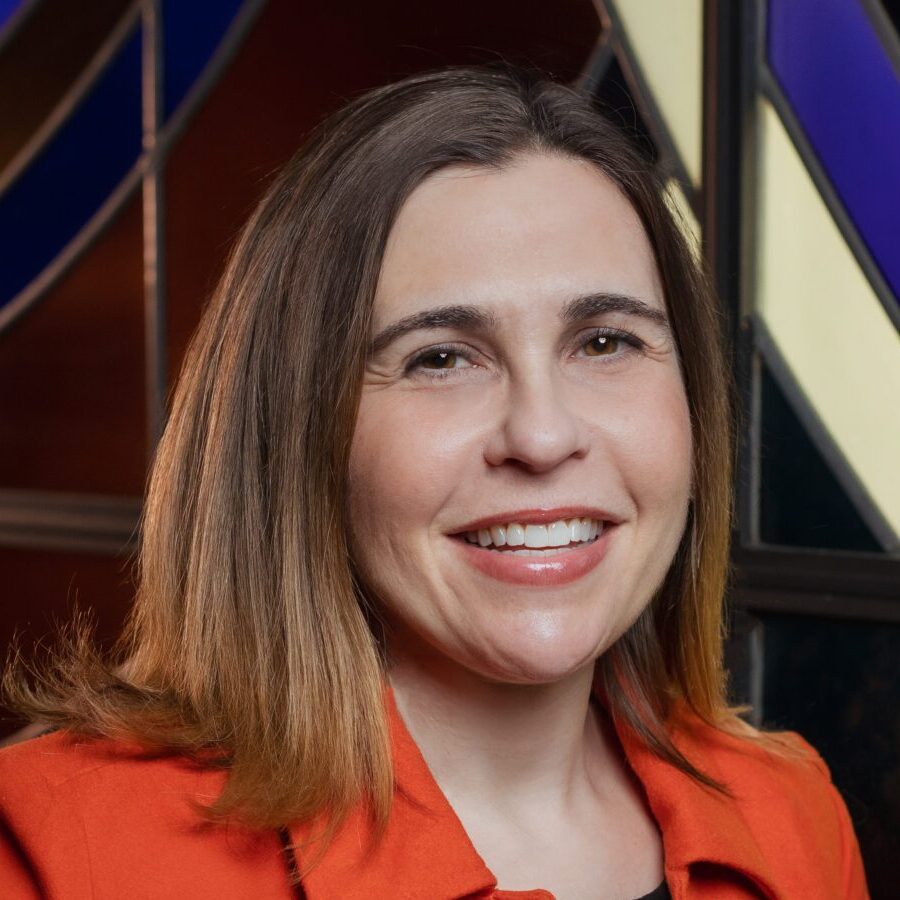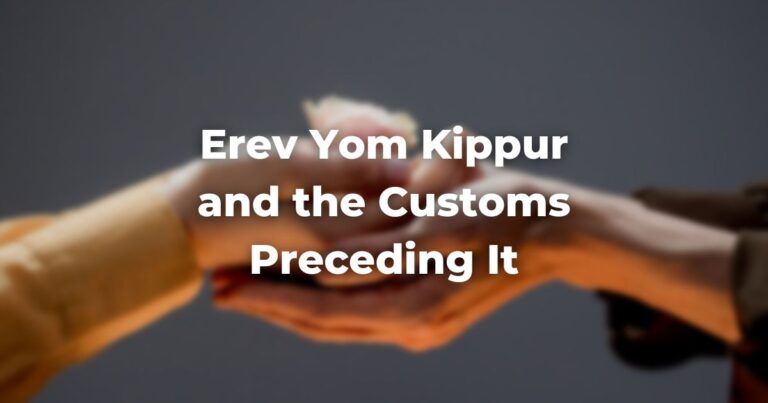The rabbis of the 3rd century CE in Israel reveal a secret in the Mishnah—the holiday of Tu B’Av is as joyous for the Jews as Yom Kippur. Why is this the year to celebrate Tu B’Av?
(You might not have thought of Yom Kippur as a celebration, but think of it this way: Yom Kippur was the day on which sins were absolved, enabling the Israelites to enter the new year with a clean slate. That’s worthy of celebration.)
If you aren’t familiar with Tu B’Av, the name literally means “the fifteenth day in the month of Av,” or why it holds such stature on our calendar, you aren’t alone.
In the 5th century CE, discussions were recorded in the Babylonian TalmudReferring to one of two collections, the Jerusalem and Babylonian Talmuds, edited in the 6th century, that contains hundreds of years of commentary, discussion, and exploration of the ideas in the Mishnah. One could describe it as Mishnah + Gemara = Talmud Read more in which rabbis wonder about the origin of the holiday. Numerous explanations are given.
Today, Tu B’Av is often equated with Valentine’s Day. Both are considered “days of love.” While some of the origin stories of the holiday relate to love and marriage—on Tu B’Av, the ancient Israelite tribes allowed inter-tribal marriages to take place—others identify it as a day of joy because tragedies that befell Israel ceased on Tu B’Av.
Our Bond with the Land and Trees of Israel
My favorite explanation for why we experience joy on Tu B’Av is because annually, on this day, the woodcutters stopped chopping down trees to meet the Temple’s need for firewood. Wood that was chopped up until this day would be exposed to enough sunlight and heat to dry out sufficiently to be used on the altar in the Temple in Jerusalem.
On Tu B’Av, it is as if we are one with the trees and environment in Israel. While we recognize the importance of fuel to generate the energy and fire to move our world forward, on this day, we celebrate and feel love—for Israel’s natural beauty, inspiring us to dance in orchards and vineyards, flowing into love for one another.
Sharing in Pain and Joy
We are a global Jewish people, making our homes in communities throughout the world. As a people, we turn our hearts to Israel, our indigenous homeland. We set our Jewish calendar to align with Israel’s seasons and harvests. When we eat from Israel’s seven species of fruit and grain, we honor the experience by reciting a unique blessing. We long to be in Israel and conclude our Passover Seders with the words: “Next year in Jerusalem.”
The summer holiday most well-known and observed among Jews is the Ninth of Av, Tisha B’av. It is a day of mourning when we recall the destruction of the First and Second Temple in Jerusalem and other tragedies experienced by the Jewish people throughout history. In 5784, this suffering and pain is ongoing while Israel is at war and our people are suffering in captivity. No matter where we live throughout the world, we share in this pain. It is why this is the year to celebrate Tu B’Av.
On Tu B’Av, we are reminded that as a Jewish people, we join together not only in tragedy, but also in the triumph of love and joy. May we experience that joy soon.
May it be God’s will.
Author
-

Rabbi Tracy J. Kaplowitz, Ph.D., is our inaugural Marilyn G. and Joseph B. Schwartz Israel Fellow. She came to the Stephen Wise Free Synagogue from JWB Jewish Chaplains Council, which ensures the quality of Jewish life for Jews in the U.S. military and the Veterans Administration. An experienced spiritual leader and educator, Rabbi Kaplowitz served as a reserve chaplain in the U.S. Air Force and on the professional staff of both the Schechter School of Long Island and the Jewish Education Project. She was ordained at the Jewish Theological Seminary of America and earned her doctorate in the sociology of education from the Hebrew University of Jerusalem. Rabbi Kaplowitz is a member of both the Central Conference of American Rabbis and the Rabbinical Assembly.
View all posts






